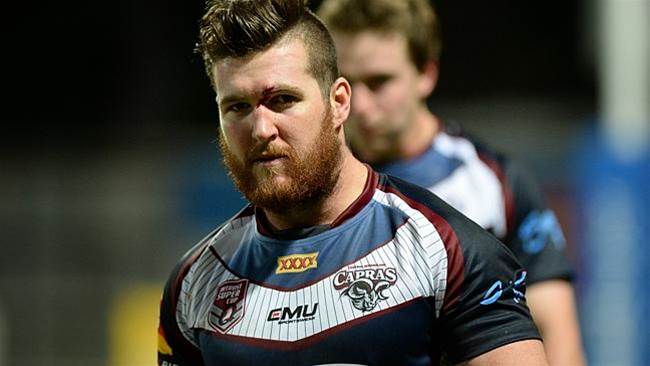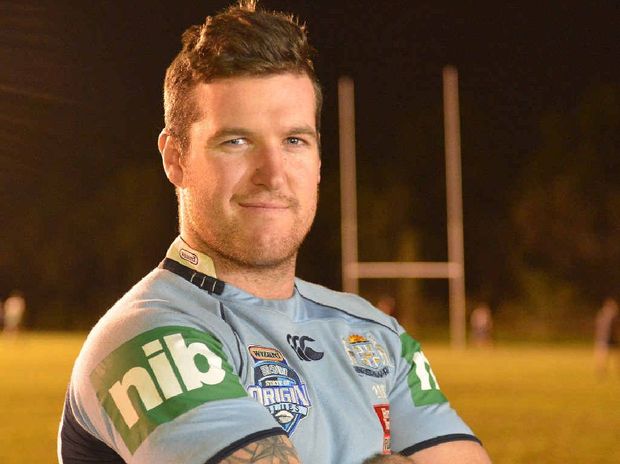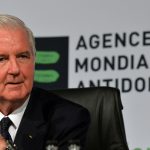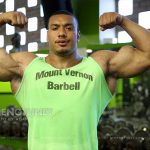The sport of rugby has always attracted physical specimens, athletes that aren’t shy about using their brute force in training to mash into one another at top speed all in an effort to win at any cost unimaginable – so it shouldn’t be all that surprising that there are major doping programs being run in all of the top leagues around the world to build bigger, faster, and stronger athletes.
At the same time, the world of rugby has been left relatively untouched by major doping scandals over the years, even as much less physical and much less “involved” sports have been rocked by scandal after scandal.
Just recently, however, a major athlete in a major rugby league (the biggest in Australia) has been suspended for two years because of doping with performance-enhancing drugs, and it is sending shockwaves through the support that most hadn’t anticipated.
Peter Gallaen, the younger brother of the captain of the Cronulla NRL rugby team (Paul), has been caught by the Australian Sports Anti-Doping Authority for banned substances most commonly used by bodybuilders looking to pack on as much lean muscle mass as humanly possible as quickly as possible.

The drug that the athlete was caught with in his system, dimethylpentylamine, is also commonly found in bodybuilding supplements that athletes all over the world take – over-the-counter bodybuilding supplements, for that matter – and Peter has been adamant that he inadvertently took this banned substance while he has been fighting and appealing his suspension.
The rugby league that Peter played for as a mobile application that allows all players to input information about supplements they are considering taking into, providing them with a detailed report about the ingredients of that supplement and whether or not it would be permissible under the current doping rules that have been established.
The hinging part of his appeal rests on the fact that the mobile application that was provided to him did not show the banned substance as a banned substance at that point in time, leading the athlete to believe that he was able to freely take advantage of this bodybuilding supplement without repercussions.
The chief executive of the team made it clear that the organization had not been notified by the ASA DA that there was an actual violation, that the information provided by the mobile application wasn’t accurate, and that the entire process was carried out haphazardly and with signs of prejudice. The club is partnering with the athlete to appeal, even though Peter has admirably agreed to step down immediately so that his second sample can be tested to verify that he wasn’t trying to cheat.
Of course, Peter certainly has the deck stacked against him – not only because of the rigorous drug testing that this rugby league pursues, but also because his brother Paul (the captain of the team) had also served a ban and suspension (of three matches) because he used a supplement that contained substances not allowed under league rules and mandates.
One of 12 players from that particular team to receive this suspension, Paul and the other players won their appeal on the same basis that Peter is moving forward with, which leaves the team and the players optimistic that they will get a key piece of their playoff contending team back sooner rather than later.
At the same time, the NRL has a very strict “three strikes and you’re out” policy when it comes to positive performance-enhancing or illicit drug usage. If Peter is in fact found guilty of using a banned substance intentionally, or if the appeal process fails, he will have a strike added to his player record – putting him just two more strikes away from never being able to play professionally again.







